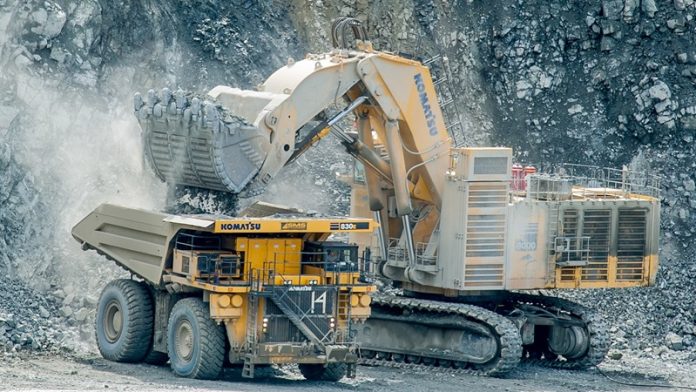Heavy equipment is the lifeblood of the construction and industrial sectors. From towering cranes and earthmovers to compact skid steers and utility vehicles, these machines power projects of all sizes and scopes. Behind the scenes, however, there’s an often-underappreciated player that keeps this machinery moving: the heavy equipment dealer. Partnering with a reputable Volvo dealer in Colorado Springs ensures contractors have quick access to high-performance machines, expert service, and reliable support tailored to the region’s diverse construction demands.
A professional dealer does far more than just sell or rent machines—they act as an essential partner in project planning, equipment maintenance, fleet management, and operational efficiency. Their role is crucial in ensuring that contractors, developers, and industrial firms have the tools they need to get the job done right, on time, and on budget.
Supplying The Right Equipment For The Job
Every construction or industrial project has specific needs depending on the scope, terrain, workload, and timeline. Heavy equipment dealers play a key role in matching these requirements with the right machinery. Whether it’s a long-term commercial build requiring powerful excavators or a short-term utility job that calls for compact loaders, a dealer’s expertise ensures that clients get machines that are suited to their exact application.
By understanding the demands of different industries—such as roadwork, mining, infrastructure development, or agriculture—dealers are able to provide tailored equipment solutions that boost performance and minimize downtime.
Offering Flexible Rental And Purchase Options
Not every business has the capital to purchase heavy equipment outright, especially when machines are only needed for short-term or seasonal use. That’s why dealers offer flexible rental agreements and financing options that allow clients to scale up or down based on project needs.
This flexibility supports smaller contractors who want to compete on larger jobs and enables larger companies to manage fleet utilization more effectively. Whether it’s daily, weekly, or monthly rentals or lease-to-own packages, a heavy equipment dealer makes accessing essential machinery financially practical.
Supporting Maintenance And Repairs
Heavy equipment requires ongoing care to perform at its best. Without proper maintenance, even the most reliable machines can experience costly breakdowns and delays. A professional dealer typically provides in-house or mobile service teams that handle everything from routine maintenance to emergency repairs.
To prolong the equipment’s lifespan, dealers also provide preventive maintenance programs and stock authentic replacement parts. This support is critical for companies that depend on tight schedules and cannot afford unplanned downtime.
Providing Training And Safety Resources
Operating heavy machinery requires skill and knowledge. Leading equipment dealers often offer training sessions for operators, technicians, and project managers to ensure that everyone knows how to use the equipment safely and efficiently.
These programs not only help companies stay compliant with safety regulations but also enhance on-site productivity and reduce the risk of accidents or machine misuse.
Keeping Projects On Track With Technical Support
Beyond just physical maintenance, dealers also provide access to technical expertise and modern solutions like equipment telematics, fleet management software, and fuel efficiency tracking. These tools help businesses monitor machine performance, schedule servicing, and make data-driven decisions that improve profitability.
With the rise of smart construction technology, the role of a heavy equipment dealer has expanded to include technical support for integrated systems and digital platforms.
Ensuring Fast Availability And Reliable Logistics
When time is of the essence, quick access to equipment is crucial. Dealers typically maintain a ready inventory of machines and attachments so customers can get what they need without long wait times. Many also handle the logistics of equipment delivery and pick-up, ensuring smooth coordination between job sites and the supply center.
This responsiveness helps keep projects moving forward and reduces costly downtime due to equipment delays.
Conclusion
In the rapidly evolving industrial and construction sectors of the present day, a heavy equipment dealer is not merely a supplier; they are a reliable collaborator in the pursuit of success. From providing the right machinery and maintenance to offering financial flexibility, training, and logistical support, their contributions touch every stage of a project. As the industry continues to evolve with new technologies and increased demands, the role of the heavy equipment dealer will only grow in importance—helping businesses stay efficient, competitive, and ready for whatever challenges come next.

